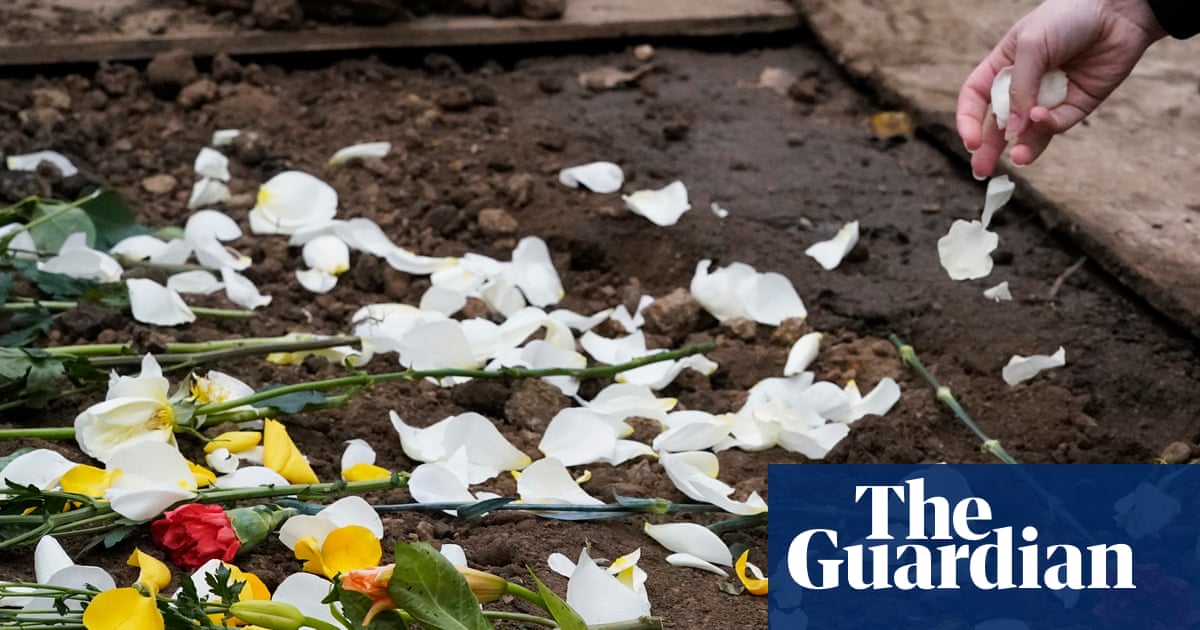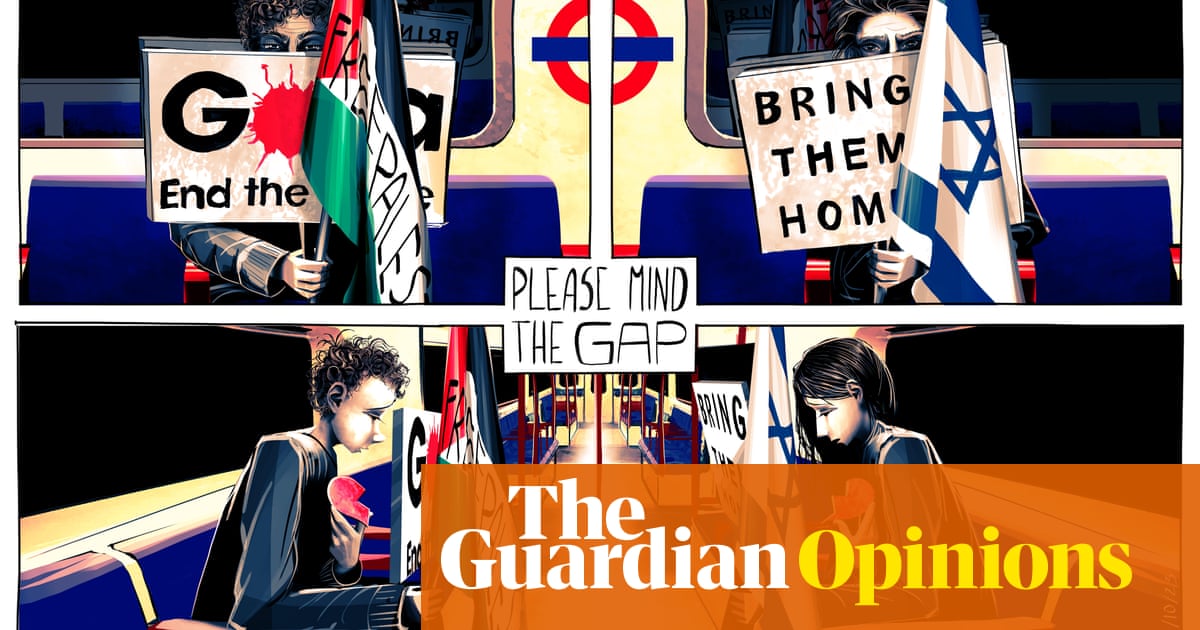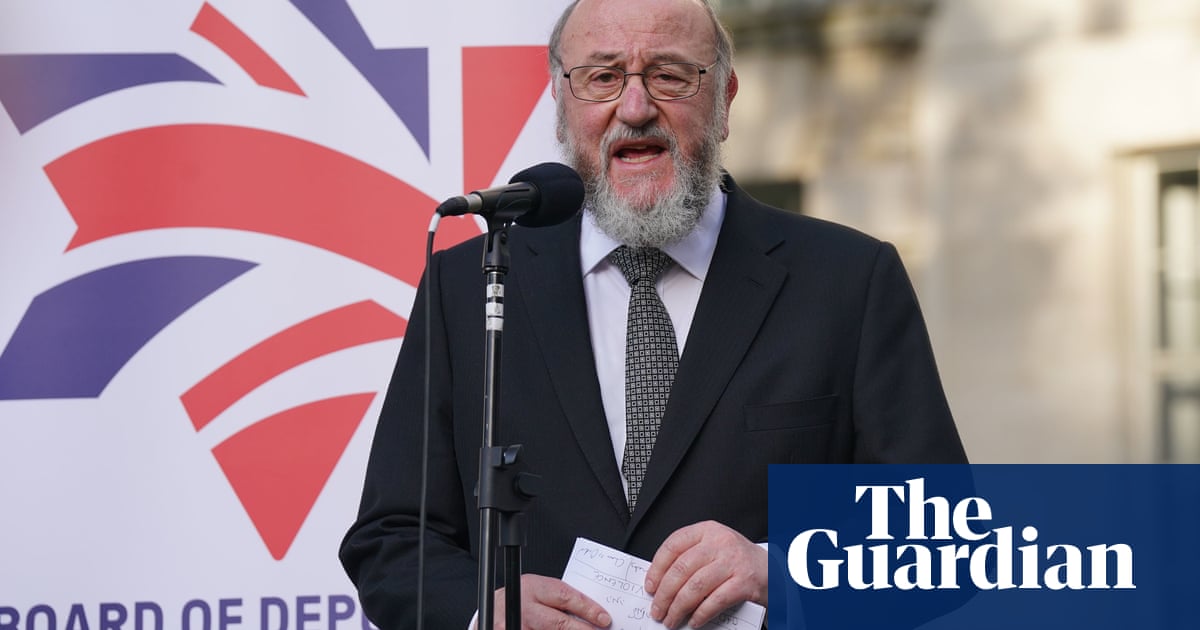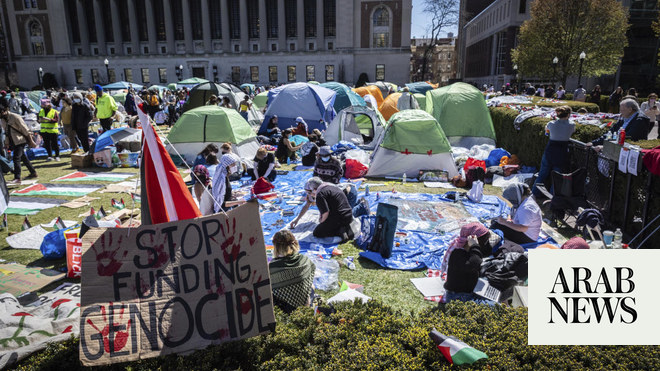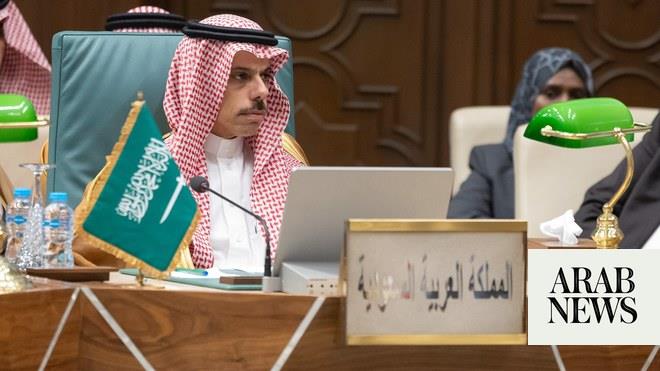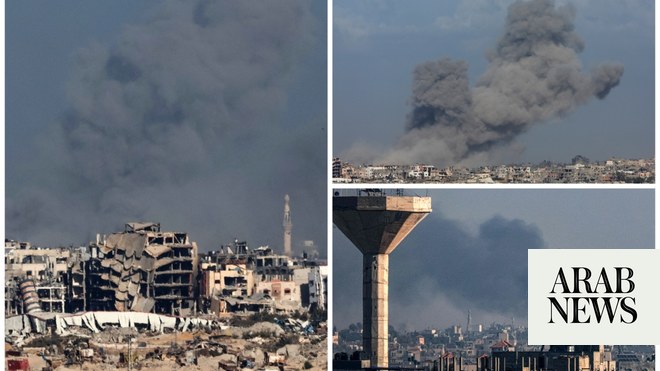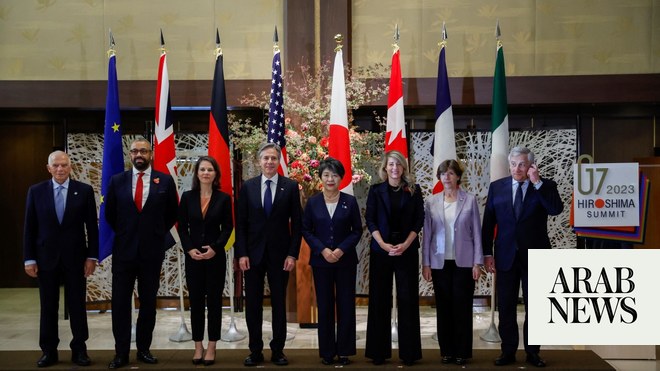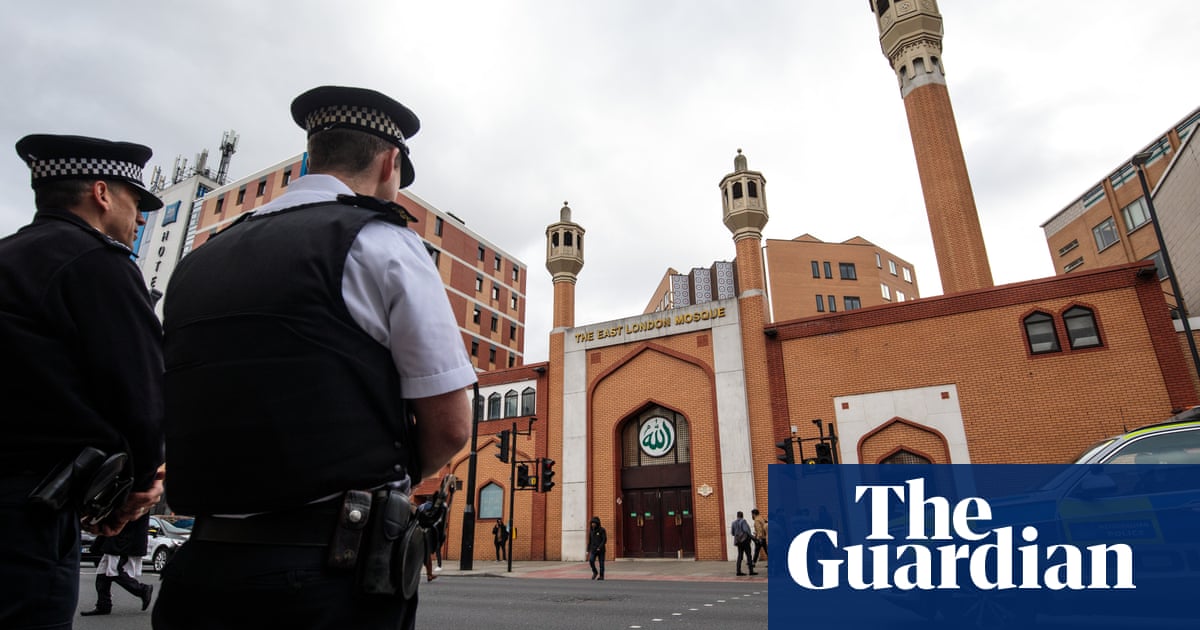
As worshippers arrived for Friday afternoon prayers at the East London Mosque, they were met by an unusual welcoming party of three police officers by the main door on Whitechapel Road.
“No, it’s not normal,” said Nasim Ahmed, 49. “It’s a decision that was taken following Gaza. So last week, we had the police inspector here with two of his officers and it’s just really for reassurance.”
What were described as “noises”, suggestive of a heightened risk of an incident at the mosque in light of the war between Israel and Hamas, had prompted a request for a police plan in case of a flashpoint.
Some women had already been verbally abused or had their head scarves tugged from their heads, said Sufia Alam, 52, head of programmes at the Maryam Centre next door, which hosts an advice service for women. The borough police commander had visited earlier on Friday to let Alam know they were alive to the risks.
The presence of the officers was not welcomed by everyone, of course, Alam said. One man had “kicked off”, questioning why the “pigs are here”, but for most the officers were a reassuring sight.
After all, the regulars at the vast red-brick building, visited by up to 10,000 people on a busy Friday, are not unused to facing down the angry faces of the far right, out to bring trouble to east London. Any excuse will do for some, but there has been a dramatic rise in intolerance since the atrocities of the 7 October when Hamas gunmen killed more than 1,400 people in Israel.
From 1 October to 18 October, 218 antisemitic offences were committed in London, according to the latest figures provided by the Met police, compared with 15 in the same period last year. Over the same period, Islamophobic offences had increased from 42 to 101.
The London mayor, Sadiq Khan, who met faith leaders on Friday, said the last fortnight had been a “traumatic time” in the capital. “The conflict is having a direct impact on London and Londoners, with increasing cases of abhorrent Islamophobia and antisemitism seen in the capital,” he said. “There is an understandable heightened fear in our communities. I’ve heard some truly harrowing stories, from Muslim women now too scared to go out wearing their hijab, to Jewish parents unsure if they should send their child to school, and if they do if it’s safe to wear school uniform.”
The question for Ahmed and Alam has been how to shepherd their community through the crisis, they said.
The mosque had published guidance to its members urging them to be careful in their language, and to try to promote “understanding and empathy”. Ahmed, who helps the mosque with its communications, said the mosque was “walking a tightrope”, given the entrenched views of some and the undeniable support for the Palestinian cause of most. But he said they believed they had got the balance right. “A victim can be an oppressor at the same time,” he said. “So just because you’re a victim, you’re still constrained by morality and the law you cannot go out and do things which are inhumane, like we saw in Palestine with the attack with Hamas. Victimhood does not justify the killing of civilians.”
Alam, the mother of three daughters in their 20s who had attended the recent pro-Palestinian march protesting against the Israel government’s reaction to Hamas’s attacks, said the younger generation knew how to strike the right tone – but she worried about others.
Alam was due to meet the Met commissioner, Mark Rowley, on Friday evening and she had met and shared tea with the local rabbi earlier in the week. “[My daughters] are saying, we have a right to protest. At the same time, they have so much empathy for the Jewish community and they know that this is very political,” Alam said. “They know those boundaries, but there’s an awful lot of people who don’t and they get very passionate and militant about it and that’s what scares me.”




